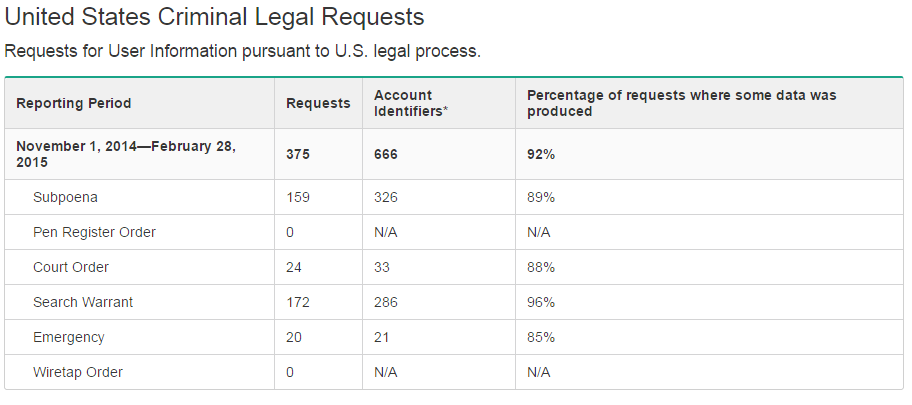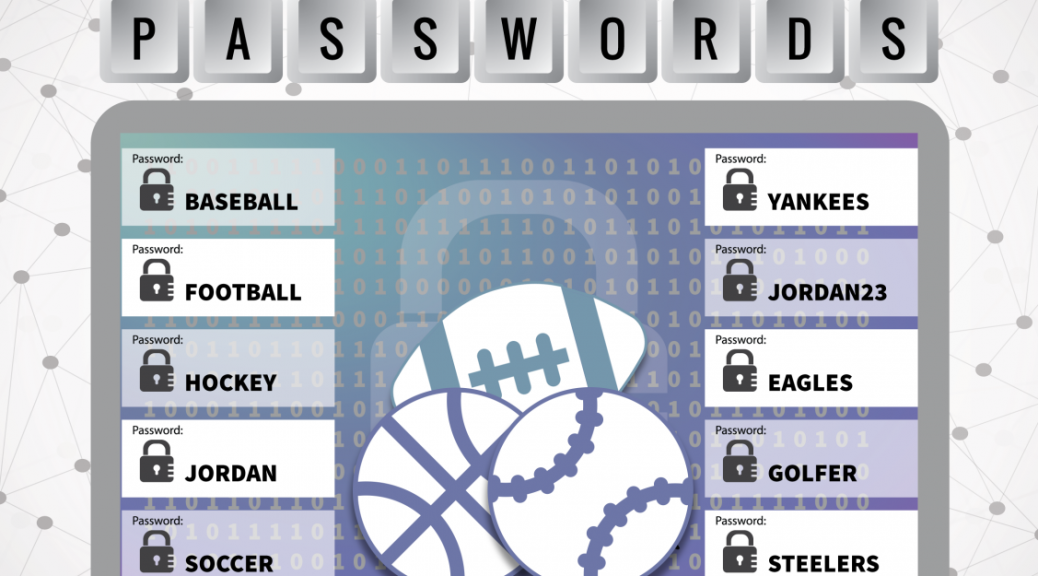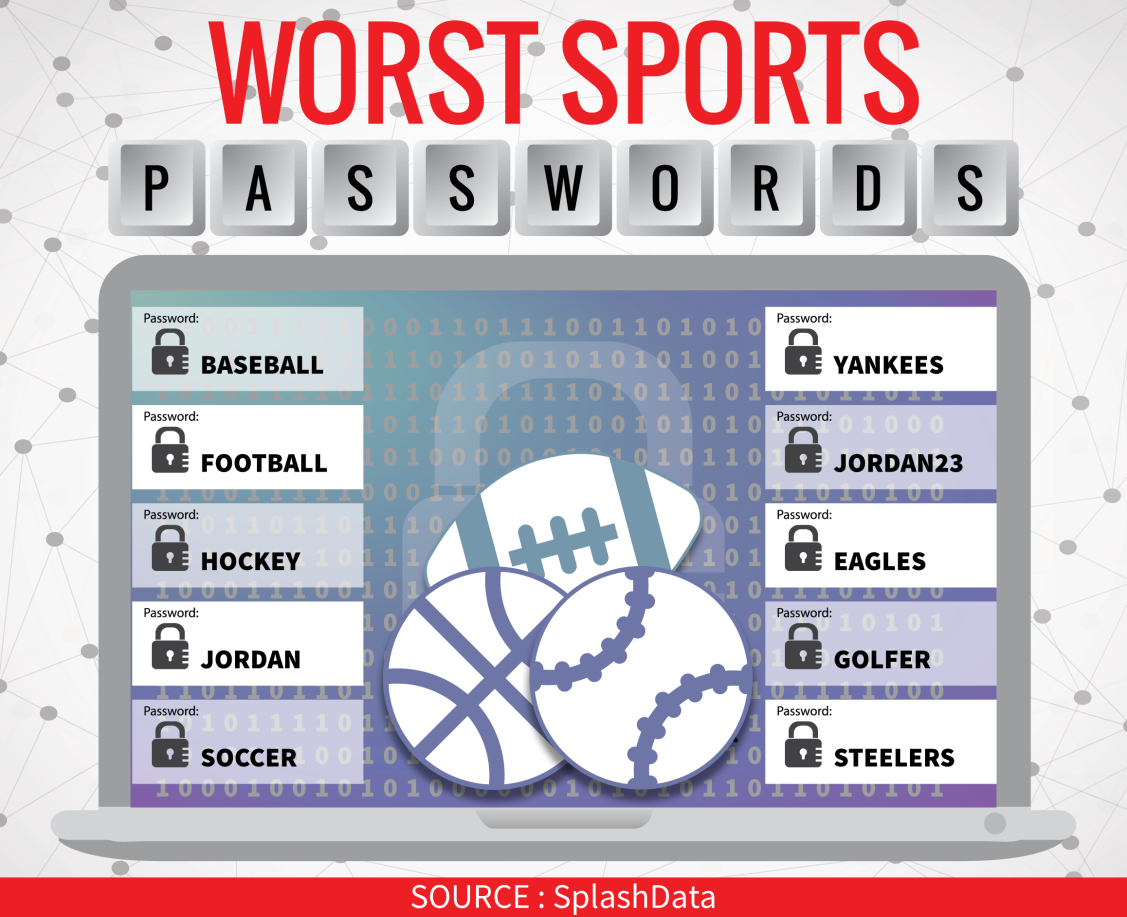At the start of April, messaging service Snapchat revealed that they release a biannual transparency report.
Transparency reports detail the requests for user data that received from governments around the world and what (if any) action was taken.
Snapchat’s first report contains the first four months’ worth of data, as they didn’t want to delay its publication.
So what do the numbers mean?
Snapchat is a big deal
Snapchat’s decision to publish a transparency places them in such esteemed company as Google, Apple and Facebook when it comes to detailing collaboration with governments.
The messaging service has grown in maturity since its early days and rumors of adding a money sending service only go to show that it is intent on upping its game.
US are leading the way in requests
Of the 403 requests for information, 93% of those came from the United States government. While the US has a track record of leading the field in transparency reports, its remarkable how far ahead they are in Snapchat’s report.
It’s worth mentioning that Snapchat’s sample size is small and market penetration is much lower in markets outside the US.
The trend continues with 92% of requests in the US resulted in sharing data, the figure is only 23% for elsewhere. In France, not one of the nine requests ended up in the Snapchat handing over data.

Governments CAN look at your snaps
Snapchat highlighted in a 2014 blog post, that your messages are stored and can be retrieved, so it should come as no surprise therefore that your Snapchat messages, along with your username, email address, and phone number are at the mercy of governments.
But they really don’t care
Despite Snapchat’s reputation for being a good place to share explicit images of yourself, the new transparency report shows that Snapchat did not receive a single take down request for content that isn’t banned by Snapchat’s own Ts&Cs or for copyright infringement.
Snapchat is taking security seriously
After news broke last year that millions of private messages had been leaked via third party service Snapsaved.com, Snapchat has been on a mission to improve security for its users.
Alongside the transparency report, Snapchat revealed that they have now blocked all third party applications to avoid a repeat of what has been dubbed “The Snappening”.
For more information on staying safe while using services like Snapchat

